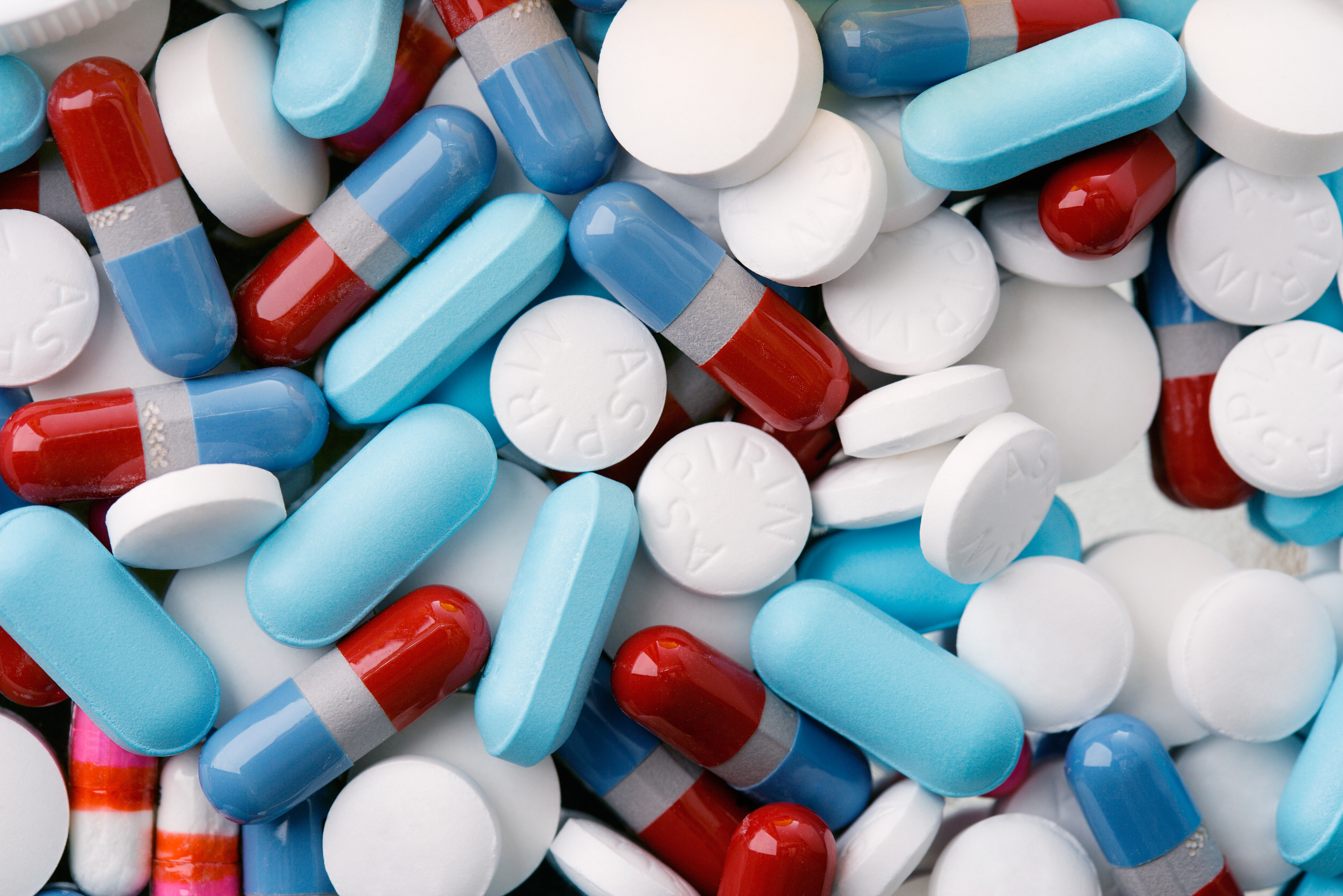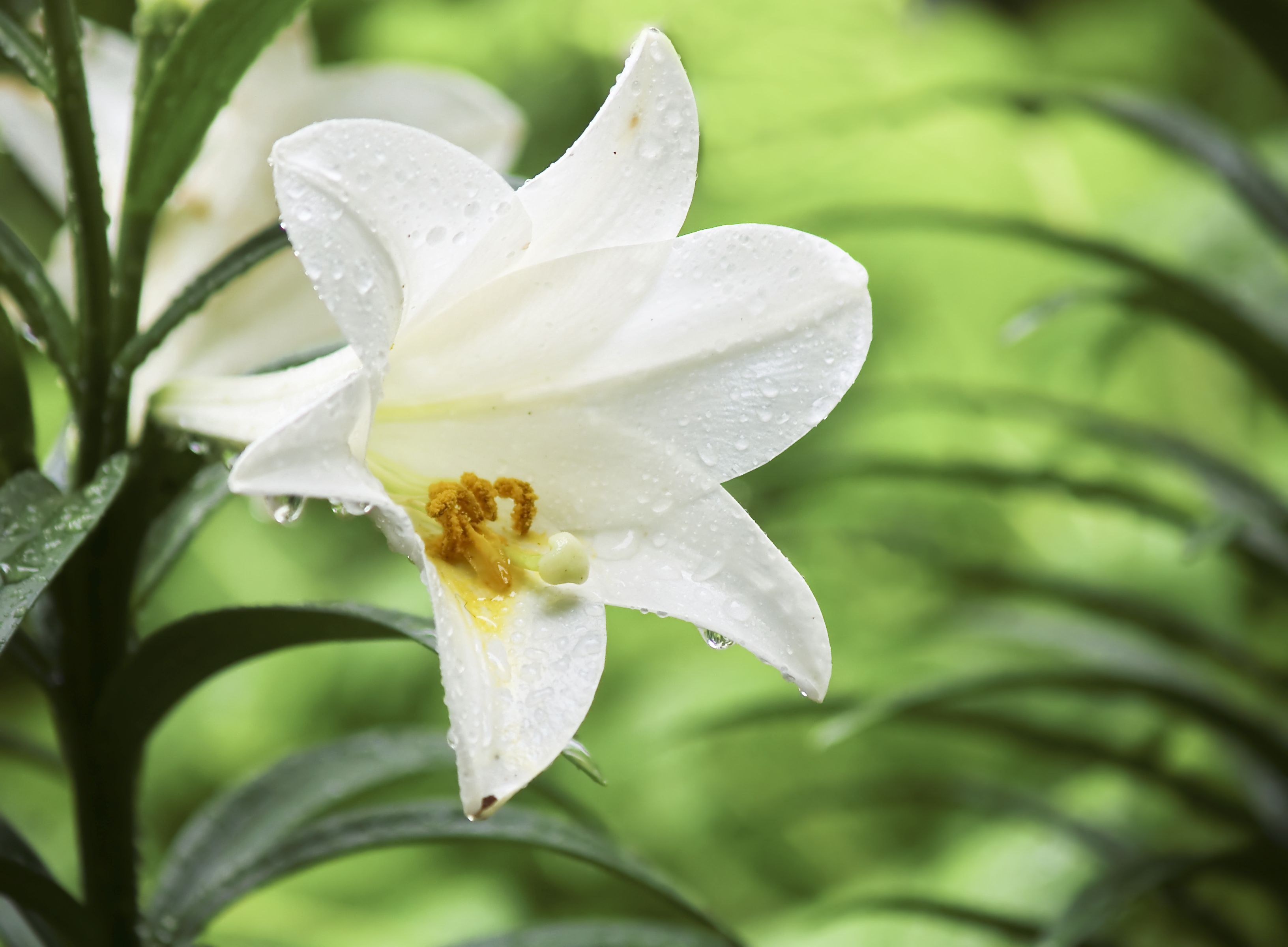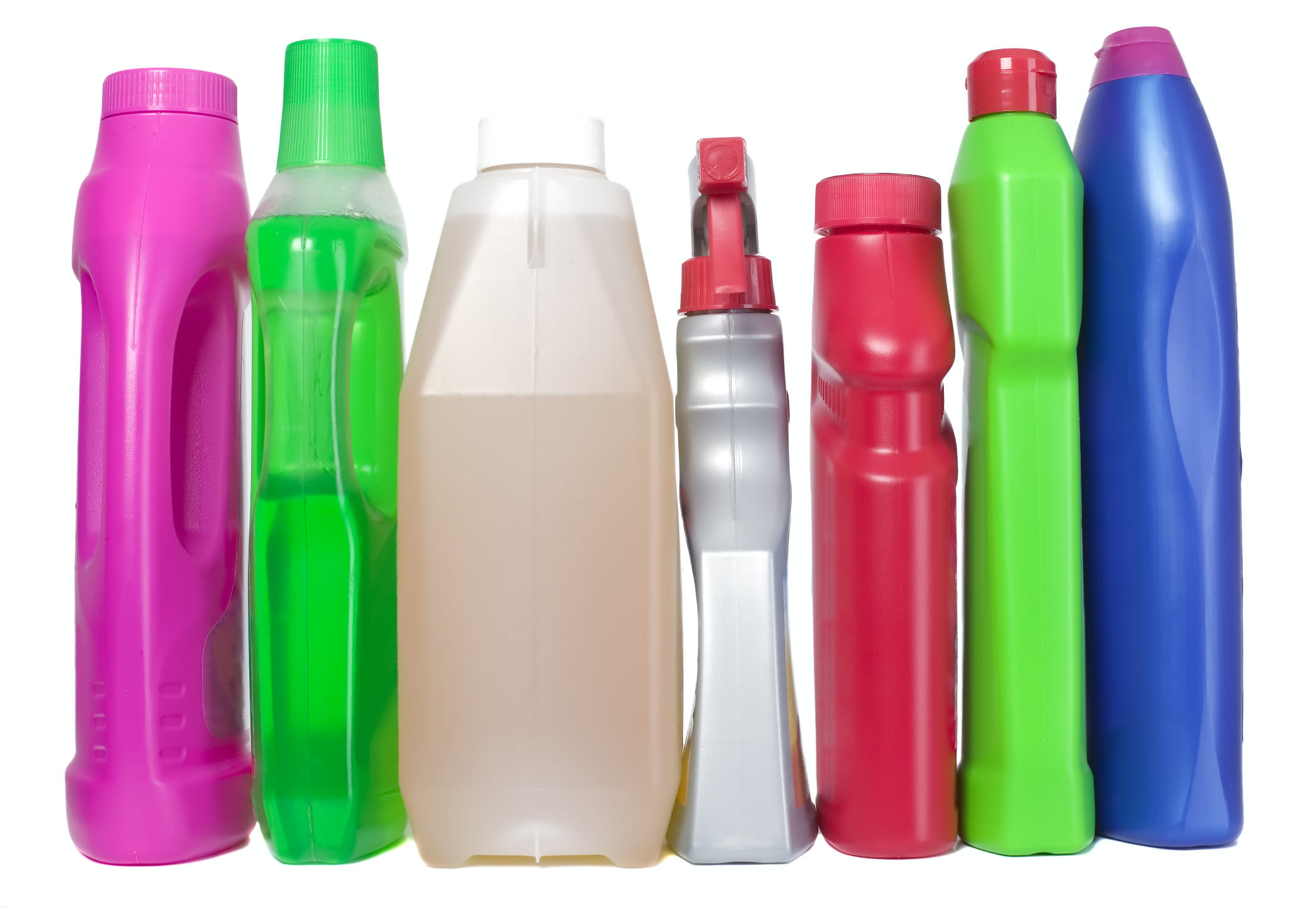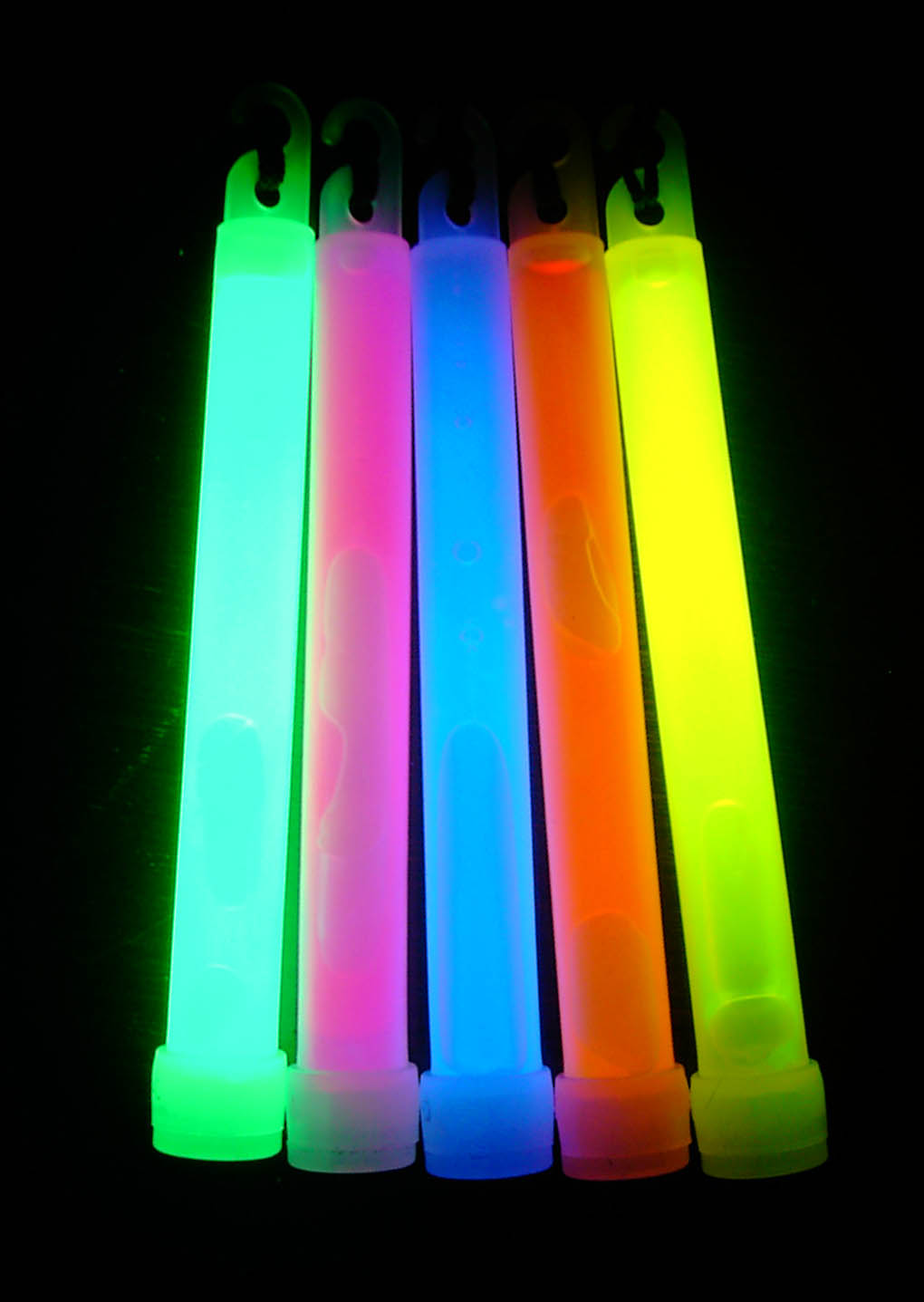How to keep your cat safe this upcoming year
It is no surprise that dogs and cats are, by far, the most common pets in U.S. households today. The cat population in the U.S. outnumbers dogs by more than 10 million, making them the most populous pet species. This is due, in large part, to apartment dwellers in urban environments, the ease of cat maintenance, and the potentially lower financial cost of ownership.
Dogs tend to be prone to mischief and account for a large percentage of calls to Pet Poison Helpline, a 24/7 animal poison control based out of Minneapolis. That said, cats still comprise a significant number of calls to Pet Poison Helpline. The top five most common cat toxins include:
- Human or veterinary drugs
- Poisonous plants
- Insecticides
- Household cleaners
- Other poisons, such as glow sticks and liquid potpourri
Human and Veterinary Medications
 Approximately 40% of calls to Pet Poison Helpline are due to cats inappropriately ingesting human or veterinary drugs. Cats have difficulty metabolizing certain drugs due to their altered liver metabolism, especially as compared to dogs and humans. Common drugs such as non-steroidal anti-inflammatories (NSAIDS) are some of the most deadly to cats. When ingested, NSAIDS can result in severe, acute kidney failure (ARF) and gastrointestinal injury/ulcers. Likewise, one Tylenol (e.g., acetaminophen) tablet can be fatal to a cat. Untreated, it can cause severe anemia (low red blood cell count), difficulty breathing, a swollen face, liver failure and death. Cats also seem to like the taste of certain antidepressants (e.g., Effexor), which may contain an attractive smell or flavor in the coating. With any accidental medication ingestion, immediate veterinary care is imperative.
Approximately 40% of calls to Pet Poison Helpline are due to cats inappropriately ingesting human or veterinary drugs. Cats have difficulty metabolizing certain drugs due to their altered liver metabolism, especially as compared to dogs and humans. Common drugs such as non-steroidal anti-inflammatories (NSAIDS) are some of the most deadly to cats. When ingested, NSAIDS can result in severe, acute kidney failure (ARF) and gastrointestinal injury/ulcers. Likewise, one Tylenol (e.g., acetaminophen) tablet can be fatal to a cat. Untreated, it can cause severe anemia (low red blood cell count), difficulty breathing, a swollen face, liver failure and death. Cats also seem to like the taste of certain antidepressants (e.g., Effexor), which may contain an attractive smell or flavor in the coating. With any accidental medication ingestion, immediate veterinary care is imperative.
Plants
 Poisonous plants are the second most common toxin that cats get into, and represent approximately 14% of feline-related calls to Pet Poison Helpline. True lilies (Lilium and Hemerocallis spp.), including the Tiger, Day, Asiatic, Easter, Oriental, and Japanese Show lilies, are among the most deadly, as ingestion can cause severe, acute kidney failure in cats. Because these flowers are fragrant, inexpensive and long-lasting, florists often include them in bouquets. Small ingestions of two or three petals or leaves – even the pollen – can result in potentially irreversible kidney failure. Even the water in the vase can be potentially poisonous to cats. Immediate veterinary care is imperative. Despite their name, other plants such as the Peace and Calla lily are not true lilies and do not cause kidney failure. Instead, these plants contain insoluble oxalate crystals that can cause minor symptoms, such as irritation in the mouth, tongue, pharynx and esophagus.
Poisonous plants are the second most common toxin that cats get into, and represent approximately 14% of feline-related calls to Pet Poison Helpline. True lilies (Lilium and Hemerocallis spp.), including the Tiger, Day, Asiatic, Easter, Oriental, and Japanese Show lilies, are among the most deadly, as ingestion can cause severe, acute kidney failure in cats. Because these flowers are fragrant, inexpensive and long-lasting, florists often include them in bouquets. Small ingestions of two or three petals or leaves – even the pollen – can result in potentially irreversible kidney failure. Even the water in the vase can be potentially poisonous to cats. Immediate veterinary care is imperative. Despite their name, other plants such as the Peace and Calla lily are not true lilies and do not cause kidney failure. Instead, these plants contain insoluble oxalate crystals that can cause minor symptoms, such as irritation in the mouth, tongue, pharynx and esophagus.
Insecticides
 Insecticides comprise approximately 9% of feline-related poisonings at Pet Poison Helpline. Exposure to household insecticides can occur when a cat walks through an area that was treated with lawn and garden products, sprays, powders, or granules. Cats are also typically accidentally exposed to household insecticides when pet owners inappropriately apply a canine topical flea and tick medication onto a cat. Dog-specific insecticides containing pyrethrins or pyrethroids are highly toxic to cats. Severe drooling, tremors and life-threatening seizures can occur. Always read labels carefully before using any kind of insecticide and ask your veterinarian about appropriate topical flea and tick medications for your cat. Even more “natural” or “holistic” flea medication can be very dangerous to cats.
Insecticides comprise approximately 9% of feline-related poisonings at Pet Poison Helpline. Exposure to household insecticides can occur when a cat walks through an area that was treated with lawn and garden products, sprays, powders, or granules. Cats are also typically accidentally exposed to household insecticides when pet owners inappropriately apply a canine topical flea and tick medication onto a cat. Dog-specific insecticides containing pyrethrins or pyrethroids are highly toxic to cats. Severe drooling, tremors and life-threatening seizures can occur. Always read labels carefully before using any kind of insecticide and ask your veterinarian about appropriate topical flea and tick medications for your cat. Even more “natural” or “holistic” flea medication can be very dangerous to cats.
Household Cleaners
 Exposure to household cleaners accounted for approximately 6% of feline-related calls to Pet Poison Helpline. Many cat owners don’t realize that some common household cleaners like kitchen and bath surface cleaners, carpet cleaners, toilet bowl cleaners and even laundry detergents can be toxic to cats. Symptoms can include profuse drooling, difficulty breathing, vomiting, and even organ damage. After cleaning your home, make sure all excess liquid or residue is wiped up or eliminated as soon as possible. Only allow your cat back into the cleaned areas after the products have completely dried. When storing cleaning products, keep them out of your cat’s reach.
Exposure to household cleaners accounted for approximately 6% of feline-related calls to Pet Poison Helpline. Many cat owners don’t realize that some common household cleaners like kitchen and bath surface cleaners, carpet cleaners, toilet bowl cleaners and even laundry detergents can be toxic to cats. Symptoms can include profuse drooling, difficulty breathing, vomiting, and even organ damage. After cleaning your home, make sure all excess liquid or residue is wiped up or eliminated as soon as possible. Only allow your cat back into the cleaned areas after the products have completely dried. When storing cleaning products, keep them out of your cat’s reach.
Other Poisons
 The remainder of feline-related calls to Pet Poison Helpline involve less obvious poisons, such as glow sticks. Glow sticks and jewelry contain a very bitter tasting liquid called dibutyl phthalate. While rarely deadly, just one bite into glow sticks can cause your cat to drool profusely. Most of these exposures can be managed at home. Offer (but do not force) your cat to drink some chicken broth or canned tuna (in water, not oil); this will help remove the bitter taste from the mouth. Remove the glow sticks and clean up any remaining liquid to prevent re-exposure as cats may continue to groom the bitter dibutyl phthalate off their fur. A bath may be in order to remove any “glowing” liquid from his or her skin. If you see signs of redness to the eyes, squinting, continued drooling, or not eating, a trip to the veterinarian may be necessary.
The remainder of feline-related calls to Pet Poison Helpline involve less obvious poisons, such as glow sticks. Glow sticks and jewelry contain a very bitter tasting liquid called dibutyl phthalate. While rarely deadly, just one bite into glow sticks can cause your cat to drool profusely. Most of these exposures can be managed at home. Offer (but do not force) your cat to drink some chicken broth or canned tuna (in water, not oil); this will help remove the bitter taste from the mouth. Remove the glow sticks and clean up any remaining liquid to prevent re-exposure as cats may continue to groom the bitter dibutyl phthalate off their fur. A bath may be in order to remove any “glowing” liquid from his or her skin. If you see signs of redness to the eyes, squinting, continued drooling, or not eating, a trip to the veterinarian may be necessary.
Keep your four-legged felines safe by protecting them from these common feline toxins. If you think your pet may have ingested something harmful, take action immediately. Contact your veterinarian or Pet Poison Helpline at 1-800-213-6680.


Leave a Reply